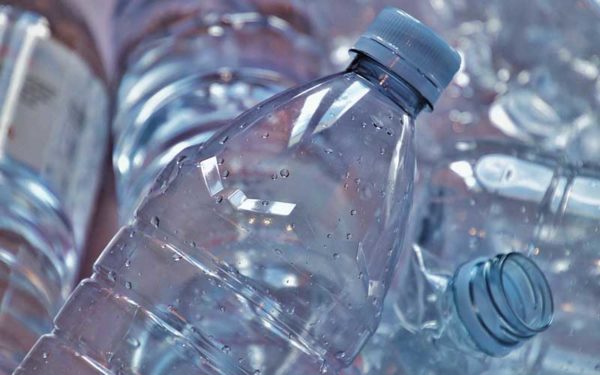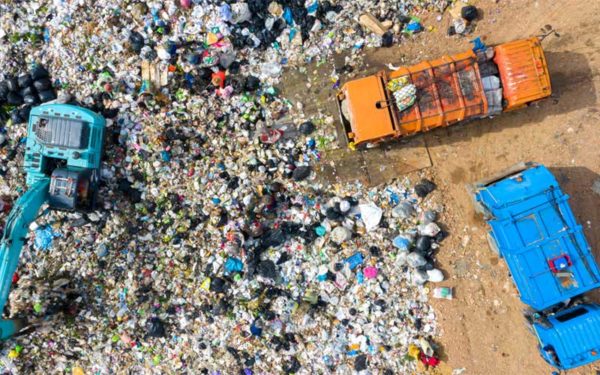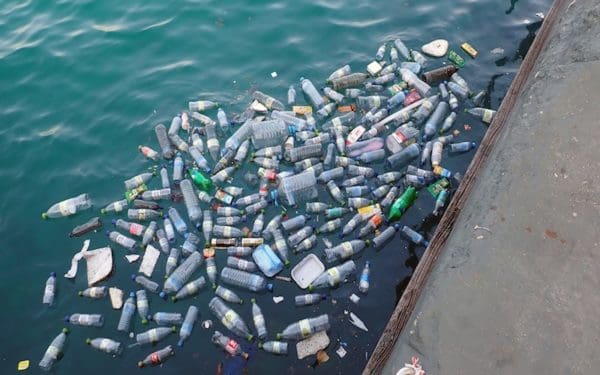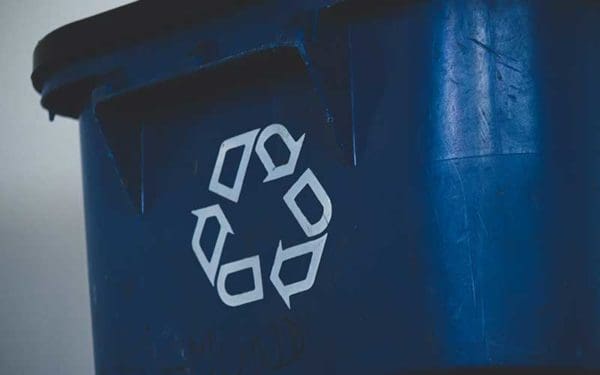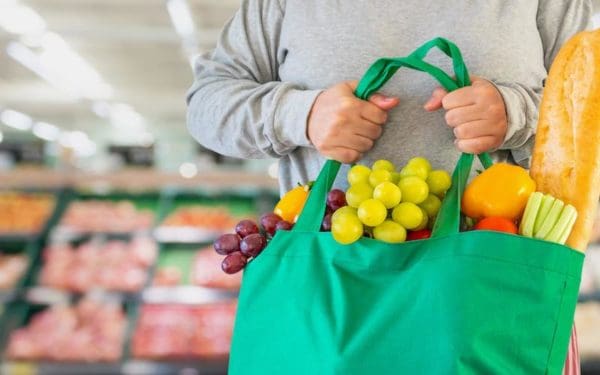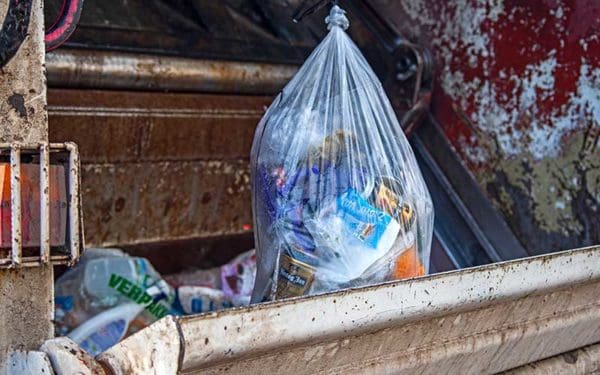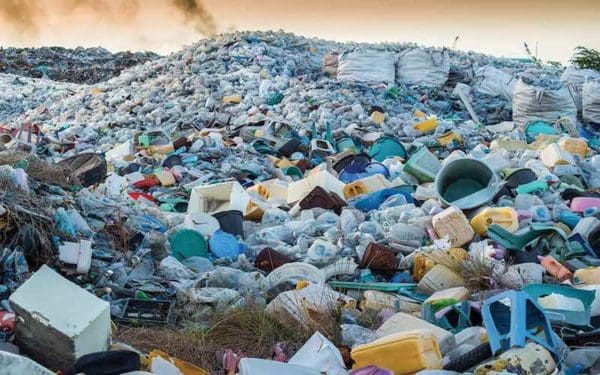Aug 31, 2023
On Halloween, U.S. consumers spend over $10 billion on decorations, plastic-wrapped candy, costumes, and more. Many of these items will eventually find their final resting place in landfills and incinerators. But fear not! Here are 5 tips to celebrate a Green Halloween without sacrificing your fun.
Jun 28, 2023
“Single-use beverage containers pollute our communities and our planet at every stage of their lives, and the problem is only getting worse,” said CLF Senior Attorney Mara Shulman. “A new bottle bill would go a long way to clean up the scourge of litter in Rhode Island’s communities while ramping up recycling rates across the state. The formation of a study committee is a great first step, but we certainly have more work to do in getting a bottle bill on the books in the next session.”
Jan 26, 2023
CLF’s Great Bay–Piscataqua Waterkeeper brings together partners and dozens of volunteers on annual cleanup to remove polluting debris from the estuary’s shoreline.
Aug 29, 2022
“After DES blatantly ignored the law requiring an updated waste plan, any progress is a step in the right direction,” said CLF New Hampshire attorney Heidi Trimarco. “But this draft plan is inadequate and uninspiring. Instead of demonstrating leadership and providing the guidance New Hampshire needs, DES has provided just a laundry list of recommendations, without any real steps to actually achieve them.”
Feb 09, 2022
“For decades, the beverage industry has done everything in its power to keep our failed recycling systems in place and prevent new solutions,” said Kirstie Pecci, Director of CLF’s Zero Waste Project. “Most bottles and cans in the U.S. still end up buried in landfills, burned in incinerators, or littering our communities. We must hold Big Beverage accountable for the mess it’s made and invest in real solutions for bottle and can recycling.”
Nov 04, 2021
Over the past few years, recycling prices across the U.S. have soared, with some cities and towns now spending millions of dollars on their programs. To understand the financial burden our communities are facing, I spent the better part of last year collecting recycling data from Massachusetts cities and towns. Here’s what I learned.
Apr 15, 2021
“Updating Vermont’s bottle bill is a win-win for our communities and our environment,” said Jen Duggan, Vice President & Director of CLF Vermont. “These changes to the bottle bill will result in less climate pollution and waste in our landfills, more green jobs, and millions of dollars for the state’s clean water fund. Passing this legislation into law is just plain common sense.”
May 28, 2020
“Public health must always be the primary concern,” said Kirstie Pecci, Director of the Zero Waste Project at CLF. “However, the scientific community has made it clear that the risk of transmitting the virus by touching a bag or bottle is almost nonexistent. Allowing reusable bags and resuming bottle deposits will keep tons of plastic out of landfills or incinerators and stop it from further polluting our land and air.”
May 12, 2020
Under cover of the pandemic, the waste industry is trying to demolish critical environmental protections. In April, the waste industry and Vermont’s Department of Environmental Conservation asked the legislature to delay Vermont’s food scrap ban and trash recyclables, all under the guise of protecting the health of workers amid the COVID-19 pandemic. But they appear to be part of a push from waste industry groups to use the crisis to advance their own agenda in several New England states.
Feb 11, 2020
“Fossil fuel companies have created the plastic crisis at our expense,” said Brad Campbell, President of Conservation Law Foundation. “Beyond littering our streets and waters, plastic production harms human health, destroys our climate and hobbles the budgets of cities and towns. This groundbreaking federal legislation will hold these large corporations accountable in cleaning up the damage they’ve done.”



